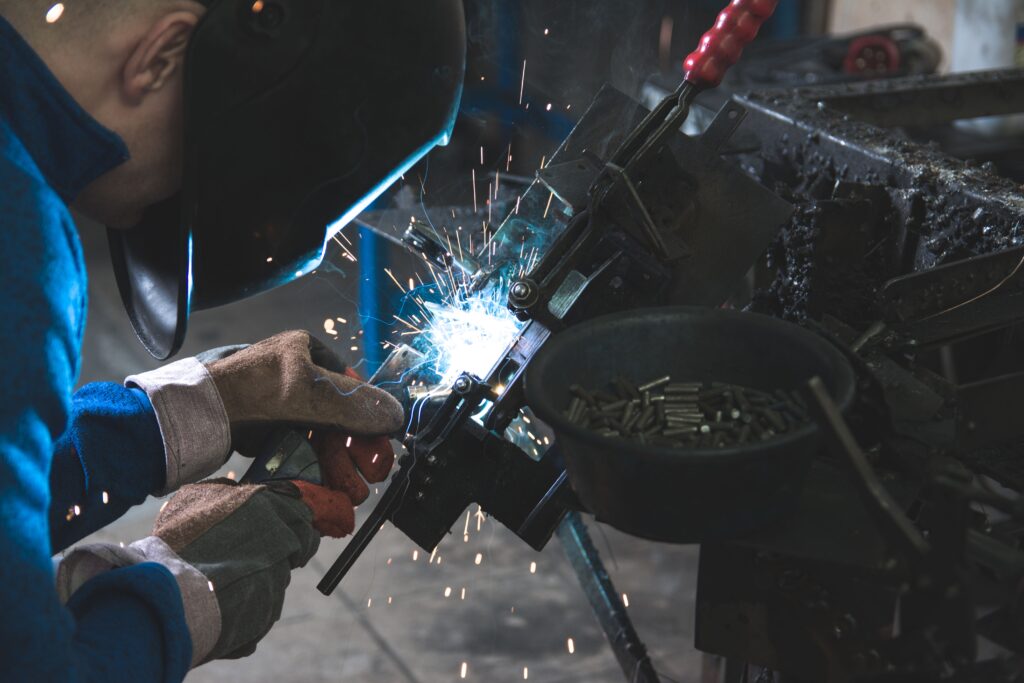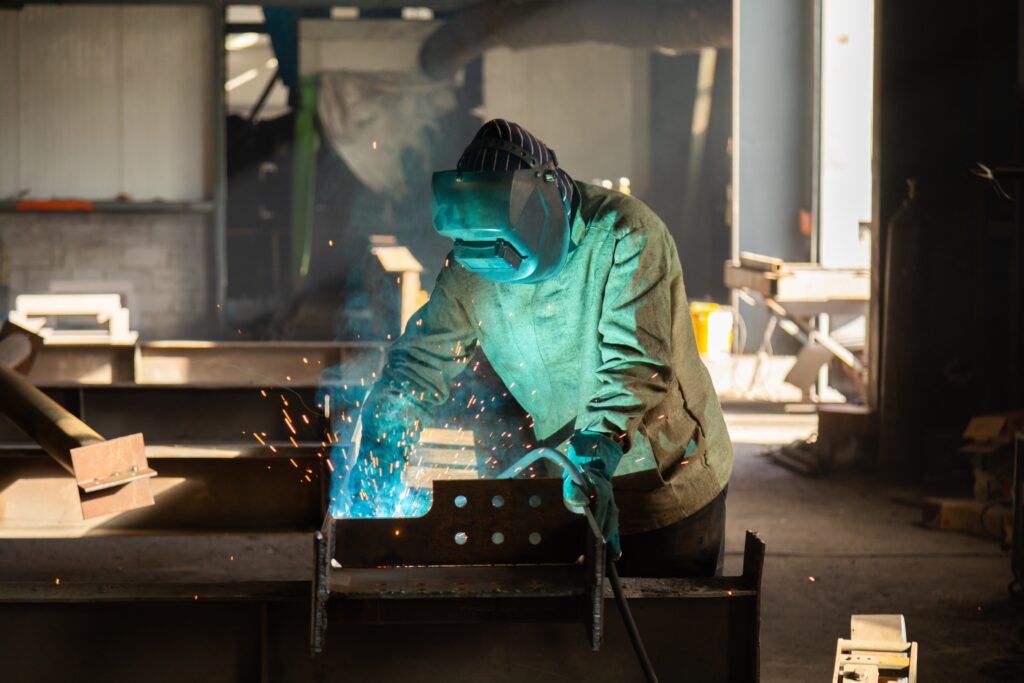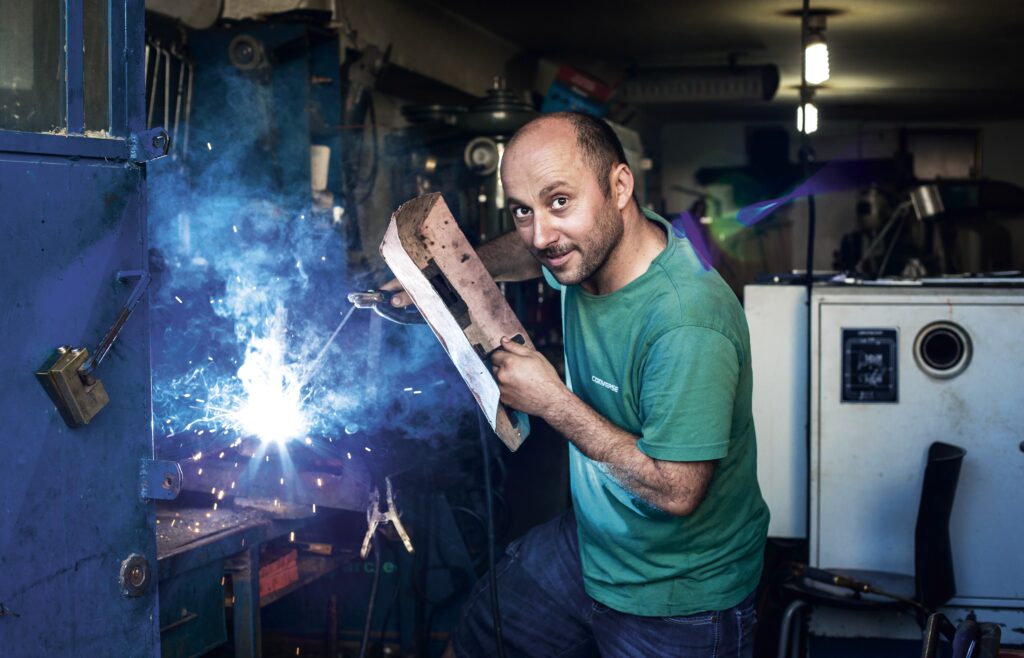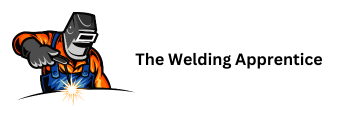Embarking on a new career path can be thrilling, yet filled with uncertainties and questions. If you’re considering stepping into the world of welding, there’s one question you’re probably pondering: “Is it easy to get a job as a welder?” This enlightening article addresses your concerns head-on, providing an insightful analysis on the job market for welders, the necessary qualifications and skills you’ll need, and the plentiful opportunities waiting for you in this dynamic trade. By the end, you’ll have all the knowledge necessary to make an informed decision about your future welding career.

Understanding the Job of a Welder
As one delves into the world of welding, it is important to first define what a welder’s role and duties entail. A welder is a skilled professional who specializes in fusing or joining metal parts together using specialized equipment. They work across a variety of sectors such as construction, automobile manufacturing, shipbuilding, aerospace, and many more.
Defining the role and duties of a welder
Your responsibilities as a welder may vary depending on your specific role, but generally, welders are expected to interpret blueprints or schematics, assemble and maintain welding equipment, and of course, perform the actual welding tasks. Quality control is also a key part of the job as you would need to inspect and test welds and structures to ensure they meet necessary standards and specifications.
Types of welding jobs
There are countless types of welding jobs available, each requiring unique skills and methods. Some common types include MIG (Metal Inert Gas) welding, TIG (Tungsten Inert Gas) welding, and stick welding. Each of these jobs requires varying levels of expertise and complexity.
Skill-set required for welders
To excel in this career, you should possess a specific set of physical and technical skills. These might include good manual dexterity, a keen eye for detail, and comprehensive knowledge of welding machinery and electrical processes. Additionally, strong problem-solving abilities, physical stamina, and understanding of safety protocols are vital.
The Demand for Welders in the Market
Now that you have a clearer understanding of the job and its required skills, let’s discuss the current market demand for welders.
Job market trend for welders
The demand for welders fluctuates alongside economic cycles and industry demand. However, due to the universal need for welders across multiple sectors, job prospects remain relatively strong and stable.
Industries largely hiring welders
Industries such as manufacturing, construction, and automobile sectors generally have a high demand for welders. As trends in infrastructure development and metal product manufacturing continue to grow, so does the need for skilled welders.
Effect of economic trends on welding jobs
Economic trends can greatly influence the demand for welding jobs. For instance, periods of economic growth stimulate construction and manufacturing projects, thus increasing demand for welders. However, during economic downturns, these projects may slow, reducing the need for these skills.

Education and Training for Becoming a Welder
To become a welder, certain educational qualifications and training are necessary.
Educational qualifications for becoming a welder
Typically, a high school diploma or equivalent is the minimum requirement to enter the field. It’s beneficial to have a strong foundation in math and science, as these subjects are closely linked with the technical aspects of the job.
Vocational Training and Apprentice Programs
Vocational training and apprenticeships are crucial ingredients in welding education. These programs provide practical, hands-on learning and allow you to learn directly from experienced professionals in the field. Apprenticeships also give you the opportunity to earn while you learn.
Certifications and Licenses for welders
Certain welding positions may require you to obtain specific certifications or licenses. These not only validate your skills but also increase your employment prospects. Some popular certifications include Certified Welder (CW) and Certified Welding Inspector (CWI).
Job Search Strategy for Welders
Since you’re now armed with the necessary training and certifications, the next step is the job hunt.
Effective job search methods for welders
Use job boards, company websites, and staffing agencies to aid you in your search. It’s also a good idea to attend job fairs and industry events, as these provide great opportunities to interact with potential employers.
Networking in the welding industry
Networking is essential in any field, and welding is no exception. Establishing connections with professionals in the welding industry can provide valuable insights, advice, and job opportunities.
Utilizing online job platforms
Exploit the power of the internet by utilizing online job platforms. Websites such as Indeed, Glassdoor, and LinkedIn are good places to start. They offer a vast number of job listings and provide resources to enhance your resume and hone your interview skills.

Crafting a Competitive Welder Resume
Your resume acts as your ticket to potential job interviews, so let’s focus on how to make it competitive.
Vital sections of a welder resume
Your resume should contain key sections such as contact details, career objective, work experience, education, skills, and certifications. Remember, the goal is to showcase your best attributes and make a strong impression.
How to highlight welding skills
Under the skills section, list all your relevant welding abilities. This might include different types of welding you’re proficient at, your knowledge of industry safety standards, or your adeptness at interpreting blueprints and schematics.
Importance of welding certifications on resume
Welding certifications aren’t just a box to be ticked; they set you apart from other candidates. Include details of your certifications in your resume to validate your skills and enhance your employability.
Importance of Practical Experience for Welders
When it comes to welding, practical experience is invaluable.
Gaining practical welding experience through apprenticeships
Apprenticeships allow aspiring welders like you to gain hands-on experience while being supervised by veterans in the field. Through these programs, you acquire a deep understanding of the trade which cannot be obtained through mere theoretical learning.
Effect of hands-on experience on job opportunities
Employers often give preference to candidates with experience, as they tend to be more familiar with the duties and challenges of the job. Hence, practical experience can open up more job opportunities and higher salary prospects.
How internships can enhance welding skills
Similar to apprenticeships, internships provide real-world experience and can vastly enhance your welding skills. They also expose you to the industry’s work environment, helping you adapt to professional demands and expectations.
Challenges in Getting a Welder Job
Entering the welding field isn’t without challenges.
Common challenges faced by new welders in job hunting
The job market can be competitive, with employers often favoring experienced candidates. As a newbie, this can be daunting, but don’t be disheartened. With persistence, continuous learning, and experience, you can overcome these hurdles.
Competition in the welding job market
The welding job market can be aggressive, with many professionals competing for the same roles. It’s crucial to continuously hone your skills, stay updated with the latest industry trends, and build a strong network to stay ahead of the competition.
Addressing lack of experience issue
If you’re a new welder, you might find the lack of experience a significant obstacle in job hunting. However, this can be mitigated by seeking apprenticeship opportunities, doing internships, and obtaining relevant certifications.
Career Growth and Advancement in Welding
Welding can offer a rewarding and progressive career.
Career development opportunities for welders
As a welder, opportunities for career growth and advancement are plentiful. You may begin as an apprentice, move onto becoming a journeyman, and eventually supervise projects as a master welder. Alternatively, you could consider instructing, consulting, or even starting your own welding business.
Benefits of gaining specialized welding skills
Learning specialized welding skills, such as underwater or robotic welding, can boost your career in significant ways. These skills not only set you apart from other welders but also open up lucrative positions and opportunities in unique areas of work.
Long-term career perspective in welding
Welding provides a long-term career perspective. As you acquire more skills, garner experience, and navigate various roles within the industry, you will find that your job satisfaction and earning potential escalate over time.
Role of Geographic Location on Welder Job Opportunities
Your geographical location can impact your welding job opportunities.
Best cities for welders in terms of job opportunities
Some cities are known hotspots for welding jobs due to robust industrial and manufacturing sectors. Research on such locations in your region and be open to relocation if it aligns with your career goals.
Impact of local industries on welding jobs
Local industries play a significant role in determining the demand for welders. For instance, cities with thriving automotive, aerospace, or construction sectors will likely require a larger workforce of welders.
Relocation considerations for welders
If you’re flexible with moving, you could have more job opportunities. However, consider factors such as cost of living, cultural environment, and job security before making the decision to relocate.
Conclusion: Is It Easy To Get A Job As A Welder?
Summarizing key points
Becoming a welder requires concrete skills, proper education and training, patience, and dedication. While there are challenges, like in any other profession, continuous learning and adaptation can lead you to a successful career in welding.
Balancing the pros and cons of a welding career
Like any career, welding has its pros and cons. On the positive side, welders can work in a variety of industries, have the potential for career growth, and enjoy competitive wages. On the flip side, the job can be physically demanding, often with long hours, and competition can be fierce.
Final thoughts on ease of getting welding jobs
So, is it easy to get a job as a welder? There isn’t a one-size-fits-all answer to that. Your success will depend on many factors, including your skill level, experience, location, and sheer determination. However, with the right mindset, preparation, and patience, you can certainly look forward to a rewarding career as a welder.
